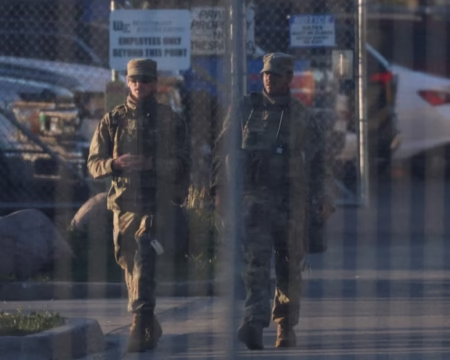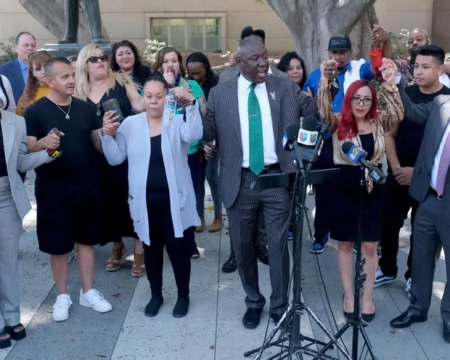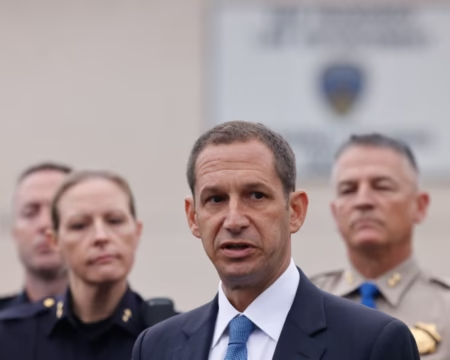A Labour MP has stepped down as the UK’s trade envoy to Turkey following a controversial visit to northern Cyprus, which is under Turkish control.
Afzal Khan, who represents Manchester Rusholme, resigned from his government role on Friday. A government spokesman confirmed the departure, citing the sensitive nature of the visit.
Mr Khan explained that his trip to the self-declared Turkish Republic of Northern Cyprus was personal. He said he visited his nephew and attended a ceremony to receive an honorary degree. The MP also confirmed that he paid for the visit himself.
Northern Cyprus has been occupied by Turkish troops since 1974, and the UK, along with most countries, does not recognize the region as independent. Visits to the area often raise political concerns due to the ongoing dispute between Turkey and the internationally recognized Republic of Cyprus.
The resignation has drawn comments from political opponents. Shadow foreign minister Wendy Morton said she welcomed Mr Khan’s decision to step down but criticized Labour leader Sir Keir Starmer for not acting sooner. She added that the resignation should have happened earlier to maintain political accountability.
Mr Khan’s role as trade envoy involved promoting UK-Turkey business relations. His resignation is expected to affect discussions on trade and investment between the two countries, especially amid ongoing negotiations over economic partnerships and export opportunities.
The controversy highlights the sensitivity of international visits by government officials to disputed regions. Experts say such trips can carry diplomatic risks and may be perceived as taking sides in unresolved conflicts.
Labour Party insiders described the situation as “a delicate issue” due to the long-standing division of Cyprus and the UK’s diplomatic stance. While Mr Khan maintained the personal nature of his visit, critics argue that officials in government positions must consider potential diplomatic consequences.
Northern Cyprus declared independence in 1983, almost a decade after the Turkish military occupation, but it remains recognized only by Turkey. The southern part of the island continues under the internationally recognized government of the Republic of Cyprus. The division of the island has been a source of tension in the Eastern Mediterranean for decades.
Political analysts note that resignations like Mr Khan’s are rare but underline the scrutiny MPs face when engaging in international travel to politically sensitive regions. Maintaining neutrality and following diplomatic protocols are often emphasized for those holding official positions.
Mr Khan’s resignation comes at a time when the UK is seeking to strengthen trade ties with Turkey. Observers say that the timing of the trip and subsequent resignation could complicate ongoing trade discussions and require careful handling by government officials.
The MP’s statement confirmed that no government funds were used for the trip, emphasizing its personal and ceremonial nature. Despite this, the political fallout demonstrates the high expectations placed on MPs holding diplomatic or trade-related roles.
As debates continue over how the UK addresses visits to disputed territories, Mr Khan’s resignation serves as a reminder of the delicate balance between personal actions and public responsibilities for politicians.







